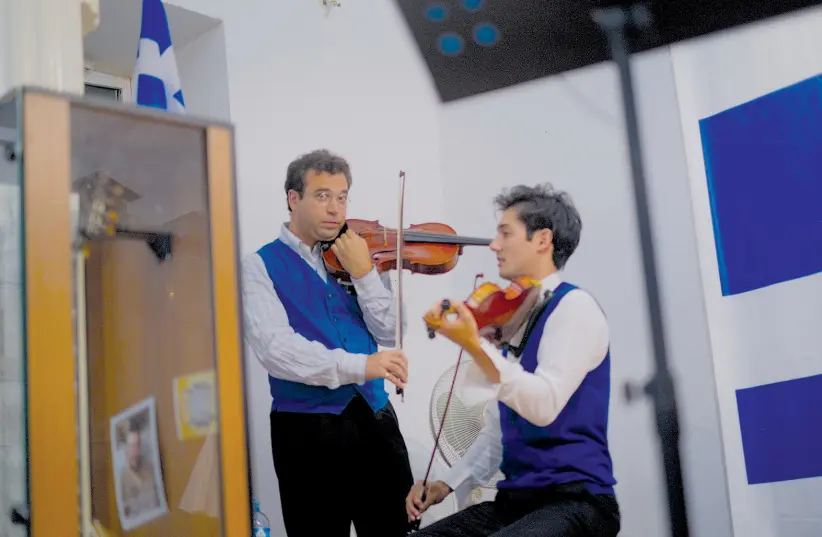MUSIC
Music
Playing and listening to music can slow cognitive decline in parts of the brain, study shows
Share:

A Swiss study has found that both practicing and listening to music can alter cognitive decline in healthy seniors by stimulating the production of gray matter in the brain. Normal aging is associated with progressive cognitive decline. Can we train our brain to delay this process?
Throughout our lives, our brain remodels itself. Brain morphology and connections change according to our environment and the experiences, for instance when we learn new skills or overcome the consequences of a stroke. However, as we age, this ‘‘brain plasticity’’ decreases. The brain also loses gray matter – brain atrophy – where our precious neurons are located.
Gradually, a cognitive decline appears. Working memory, at the core of many cognitive processes, is one of the cognitive functions suffering the most. Working memory is defined as the process in which we briefly retain and manipulate information in order to achieve a goal, such as remembering a telephone number long enough to write it down or translating a sentence from a foreign language.
Top Articles
A team from the University of Geneva (UNIGE), the University of Applied Sciences and Arts in Geneva and the Swiss Federal Institute of Technology in Lausanne has discovered that. To achieve these results, the researchers followed 132 healthy retirees from 62 to 78 who had never practiced music before but were for the study enrolled in piano and music awareness training for six months. These results open new prospects for the support of healthy aging. They are reported in NeuroImage Reports under the title “Music interventions in 132 healthy older adults enhance cerebellar gray matter and auditory working memory, despite general brain atrophy.”
A major policy priority for healthy aging
The results showed that practicing and listening to music promotes brain plasticity and cognitive reserve. The authors of the study believe that these playful and accessible interventions should become a major policy priority for healthy aging. The next step for the team is to evaluate the potential of these interventions in people with mild cognitive impairment, an intermediate stage between normal aging and dementia.
The study showed that music practice and active listening could prevent working memory decline. Such activities promoted brain plasticity and were associated with gray matter volume increase. Positive impacts have also been measured on working memory.
‘
‘We wanted people whose brains did not yet show any traces of plasticity linked to musical learning.
Source: Jerusalem Post
Full Story HERE
MORE STORIES ABOUT MUSIC
